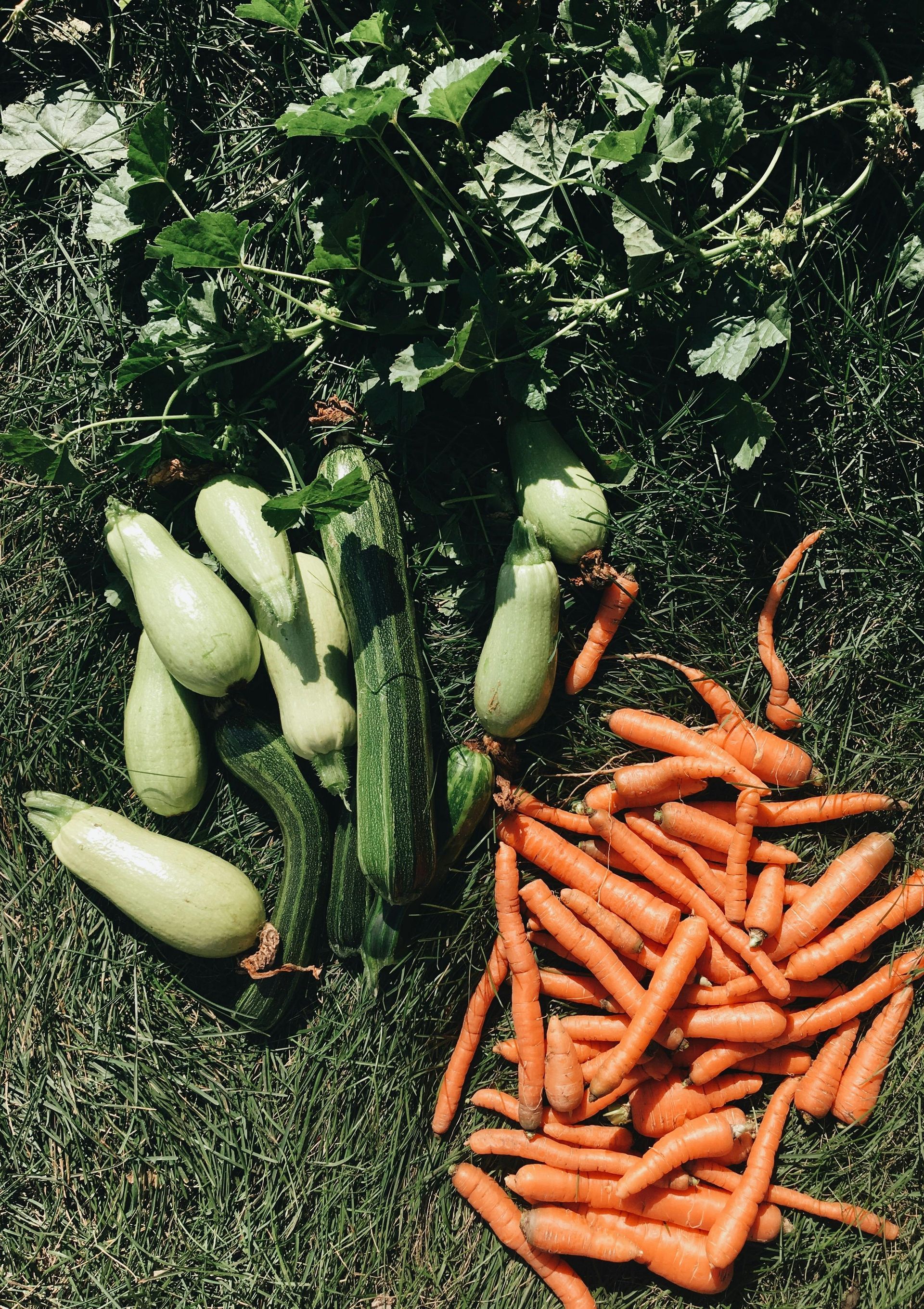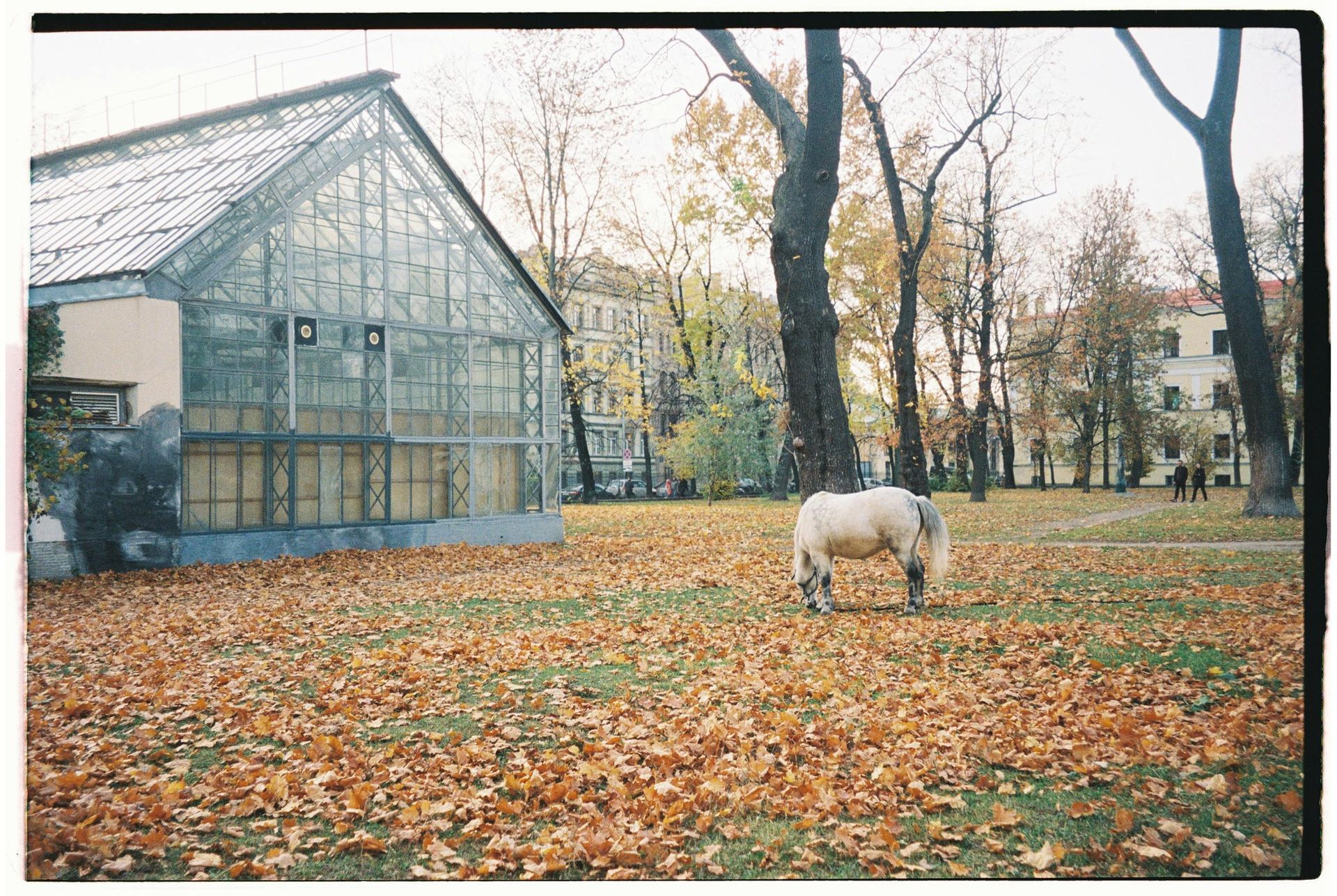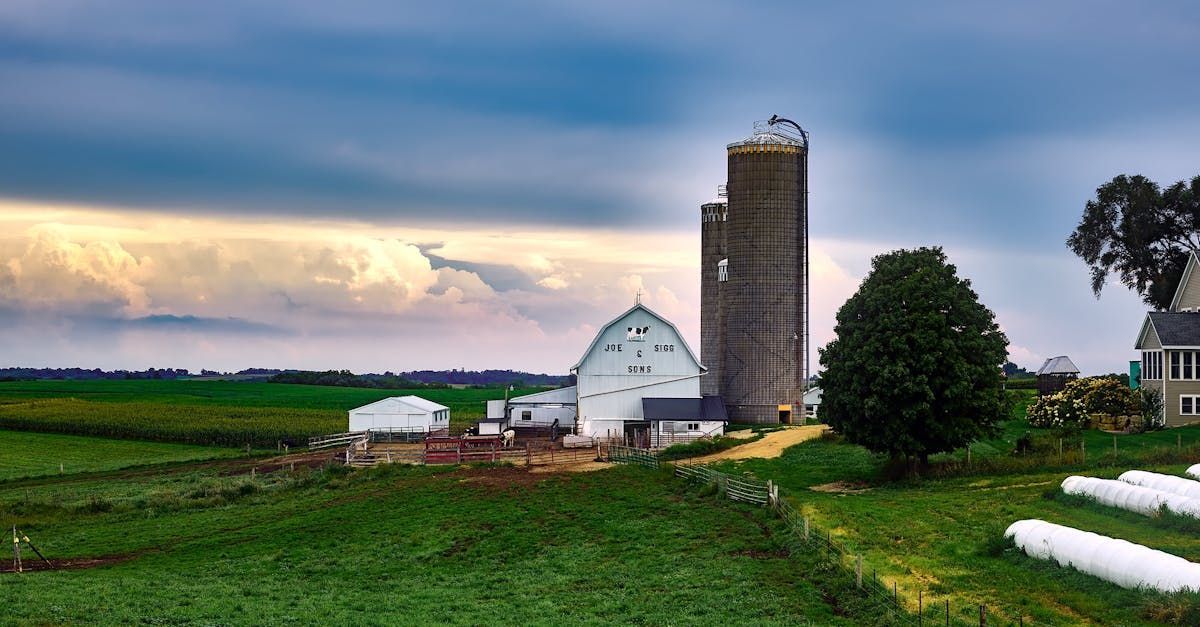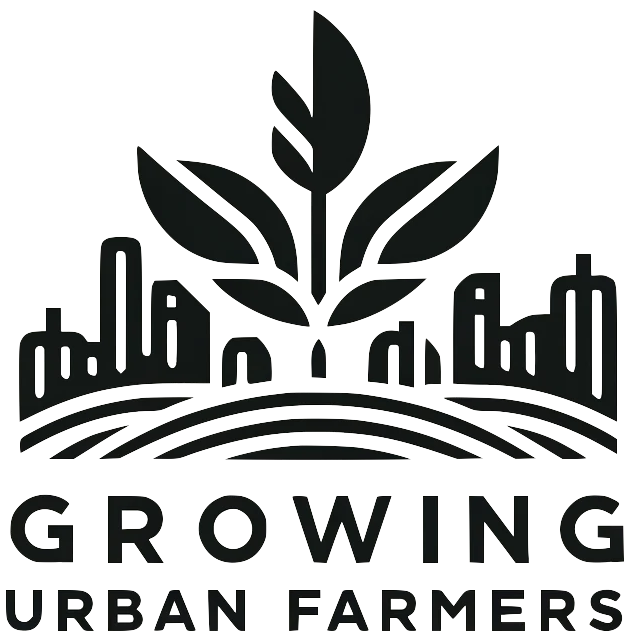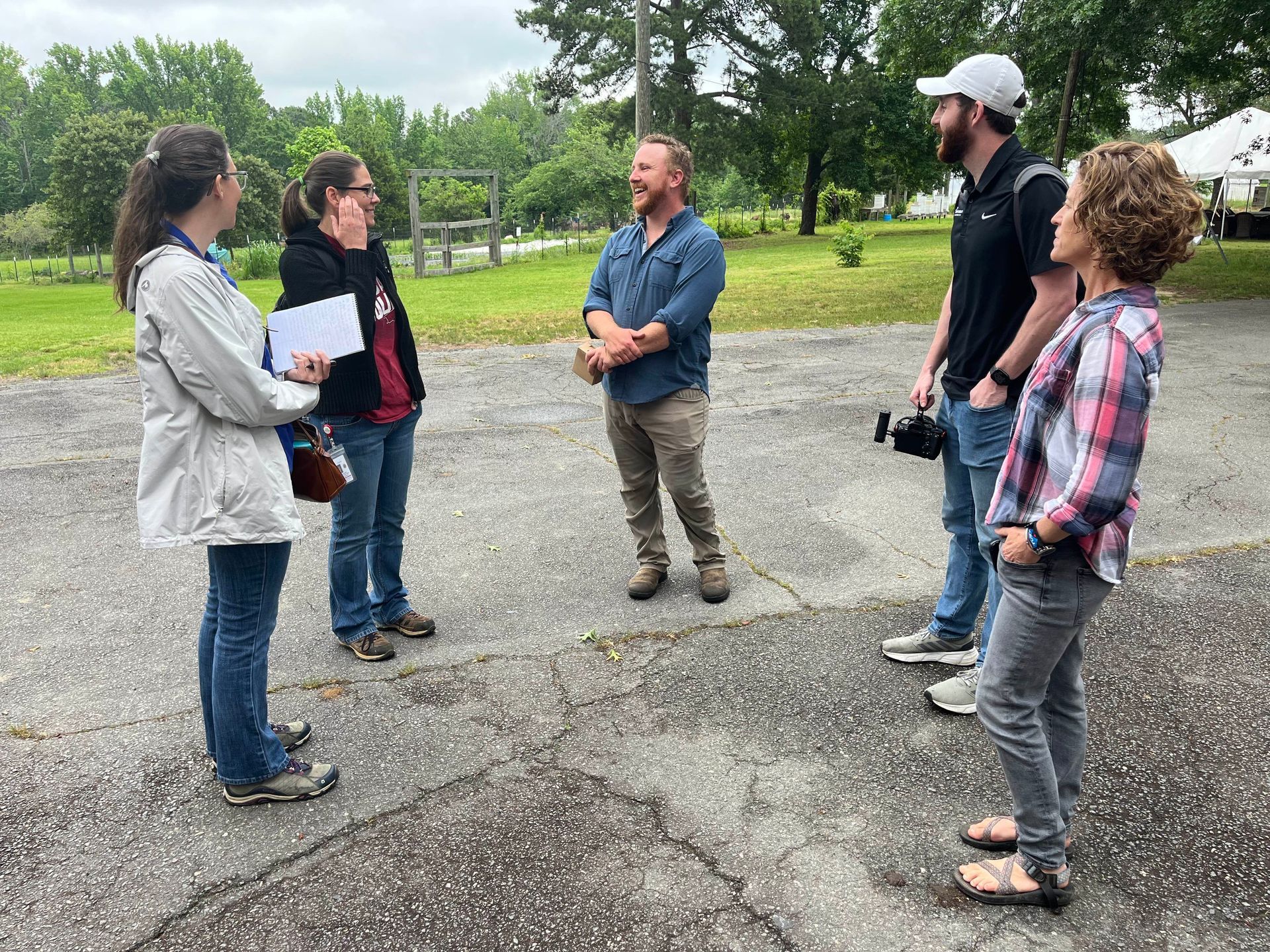Growing Urban Farmers in NWA for Micro Ag. Tour
Scott and Monica attended a Micro Ag Tour in Northwest Arkansas and visited with people and places that cater to farmers and the local food network.
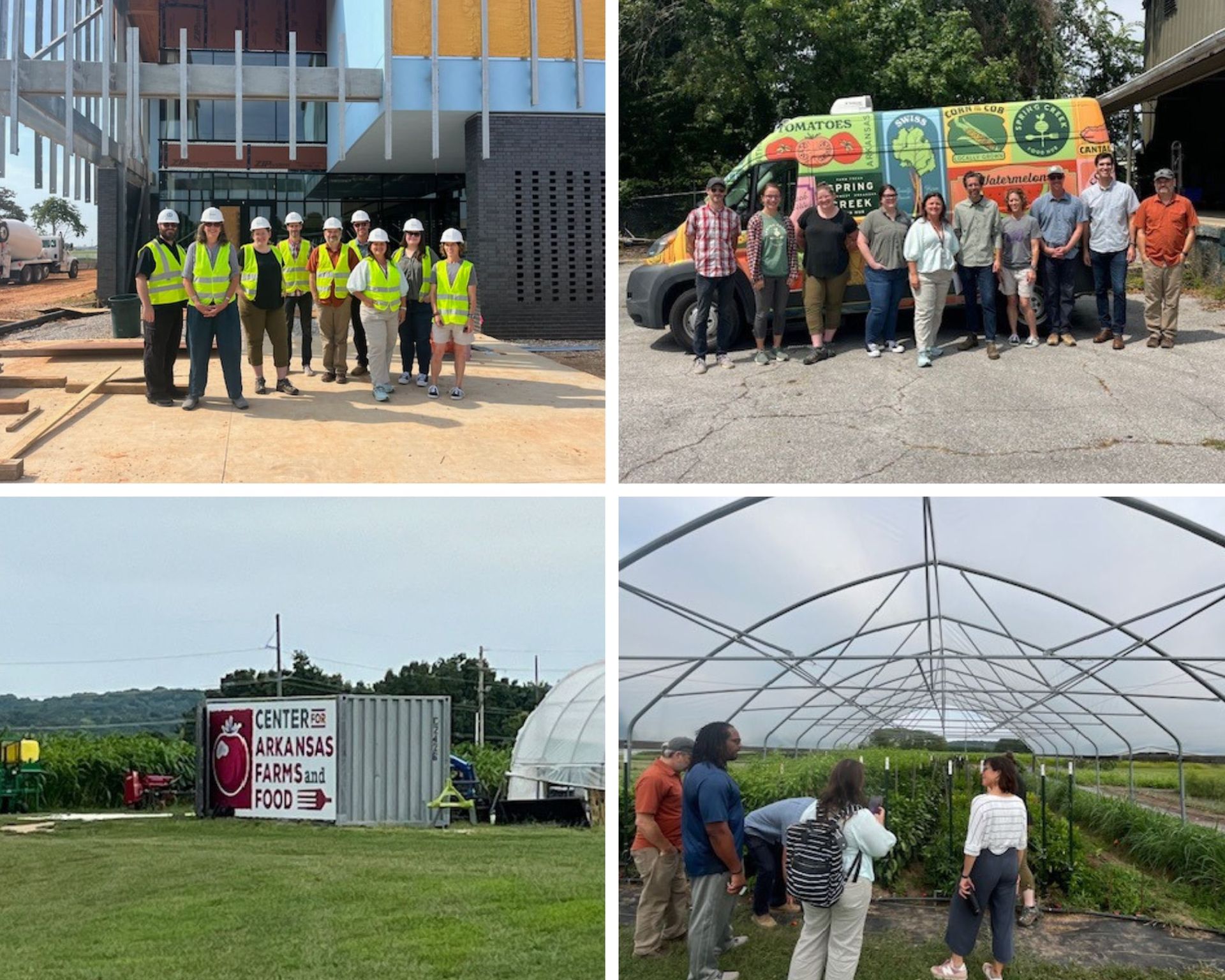
Last week, Scott and I got a chance to visit with many of the people who have been at the center of building a strong local food system in NWA. Through St. Joseph Center's involvement with Dr. Amanda Philyaw Perez's BAAND Project (Building an Arkansas Agricultural Network), we were eager to learn more about the very organized local food structure in NWA, and how Growing Urban Farmers can assist by being a link into that structure, or by helping farmers connect to the larger network of farmers in Arkansas.
Our first stop was downtown Springdale, where the Arkansas Food Innovation Center at the Market Center of the Ozarks is being built, and which is slated to open by late 2024/early 2025. The Food Processing Center's Director, Darryl Holiday, took us through the 45,000 sf structure, which will be used by farmers, value-added producers as well as food truck operators, to prepare, wash and pack local food. The Walton Family Foundation is supporting this $38 million endeavor through the NWA Food Systems Initiative. It will be a huge boon to the NWA food economy and structure. Users of this impressive space will have access to a commercial kitchen, as well as produce processing and refrigeration, assisting those without the option of performing these tasks elsewhere. For those who desire access to equipment or kitchen space, they will find everything they need for their food-based business, whether it be farmers preparing to sell their products at markets, or caterers and other food entrepreneurs. Every detail of how the space(s) will be used has been thoughtfully curated to create a remarkable facility that will serve so many, and that will further improve the local food landscape in the state.
Our next stop was Spring Creek Food Hub, also in Springdale, where we spoke with Director Anthony Mirisciotta, Farmer Relations Manager, Nena Hammer, and other staff. Their remarkably efficient organization and mission to support farmers and local food distribution are inspiring to anyone interested in increasing local food and the systems that support it. They will soon be incorporated into the Market Center of the Ozarks space, giving them the ability to serve many more farmers, food entrepreneurs and community members. Their goal is to build a resilient food system by making it easy to buy local food, and their efforts have made them very successful in achieving this.
We also had an opportunity to tour CAFF (Center for Arkansas Farms and Food) in Fayetteville. Led by Heather Friedrich, The University of Arkansas's CAFF program provides many resources to those interested in farming, whether as a career or in terms of skill sets needed to produce extra income streams. They offer their Farm School program, which is sixteen hours per week, eleven months out of the year. They also provide two-day classes on specific topics and an apprenticeship program. These offerings give people the knowledge base to tackle everything from soil building, using tools and large equipment, planning, planting and harvesting successful crops, and many pieces of building a business.
Part of the tour was having a sit-down lunch meeting with several other partners within the BAAND program, as well as those mentioned already; Matt Bertucci, Renee Threlfall, Evan Ware, Sarah Bakker, Ryan Neal and Colin Massey were all contributors to the conversation focused on supporting micro-farmers in Arkansas.
Our last stop on the tour was the Fayetteville Public Library, where we met with Melissa Terry, who has been working on sustainable food systems for a large part of her career focused in Food Policy Research, and who has built several community-focused initiatives in the culinary arts and access to local food. She has brought forth native and edible landscaping at the library, relationships with schools, and community education projects focused on all things sustainable. The amount of work she has done, and that other supporters have done, is mind-blowing, and speaks to what can be accomplished through a focused mission and community backing.
Share
